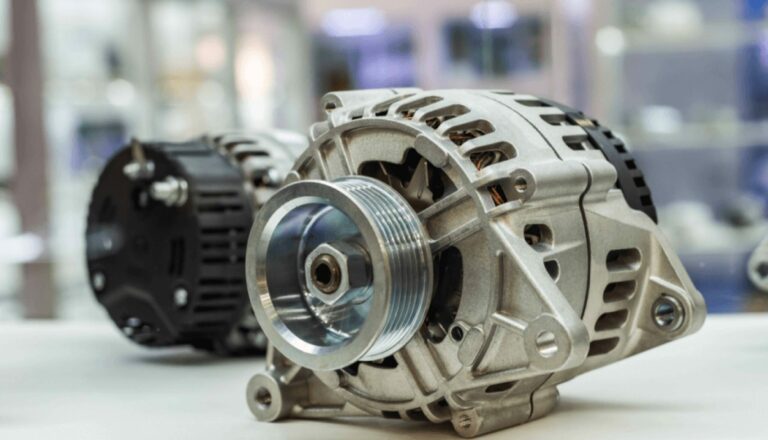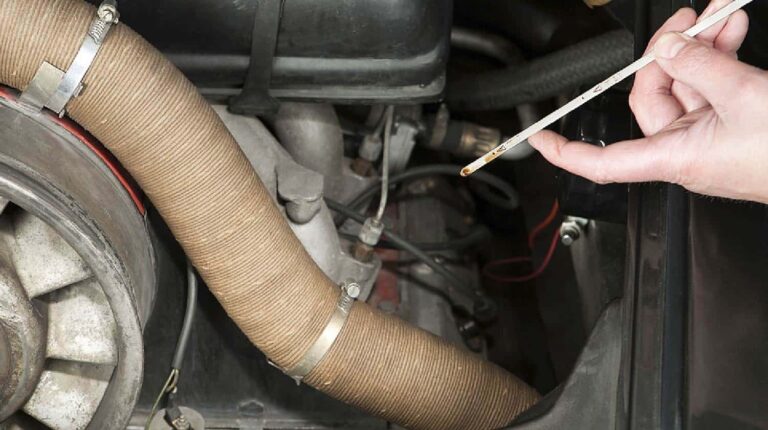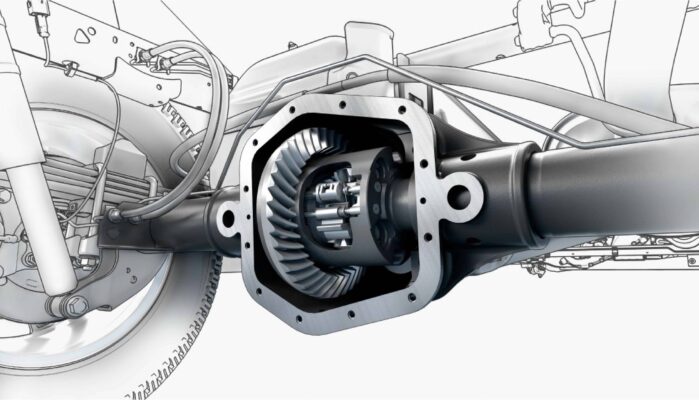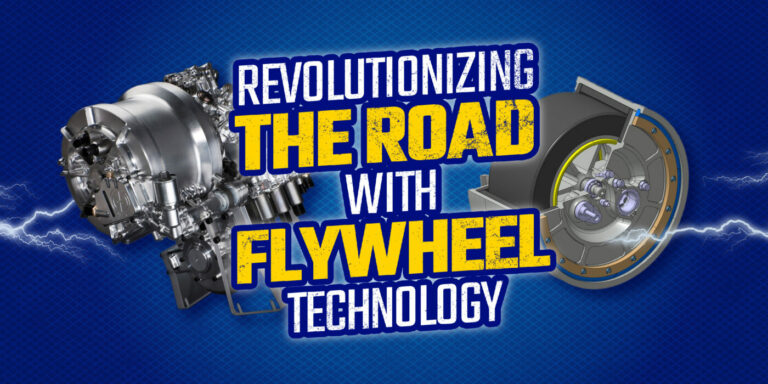
Petrol prices are all-time high and most states are selling the precious fuel at over Rs 100/litre. On the contrary side, the novel Coronavirus has forced us to use personal transport and with the high fuel prices, you are being swindled. If you can’t avoid driving, the least you can do is to drive sensibly that not only increases your vehicle’s health but also saves you a lot of money. Here are some great fuel economy tips that you should follow to pass by the fuel pumps without any haggle. These tips are very easy to learn and don’t require any extra costs.
Here are some useful tips that you must follow to get amazing fuel economy figures and save good money on your fuel bills.
1: Choose the Cogs Sensibly
Driving a car with a stick shift is really fun but in most cases, they aren’t fuel-efficient. And before you ask, no, there is nothing wrong on the engineering side but the fault is in the way you drive. Gears are engineered for variable engine speeds and that’s how you cruise on the highways efficiently. To get the best fuel economy, always short shift. High RPMs is the main culprit for poor efficiency figures. However, that also doesn’t mean you drive at 30 km/h in 6th gear. That will put a lot of pressure on the mechanicals and the engine will start lugging.
Most modern cars come with gear shift indicators and you will get great economy by following the indicator. In a nutshell, to obtain the best fuel economy, you must be in the highest gear without having the engine lugging to keep the engine RPMs slow as possible. In addition to that, while making the overtakes, it’s ideal to downshift rather than being in tall gear. Downshifting will help you make a quick overtake and gain more speed earlier than in the case of doing the same with a higher gear.
2: Be Gentle With the Throttle
Going pedal to the metal only sounds great in movies. But you don’t have multi-figure sponsors for your driving, right? Hence, always be gentle with your throttle inputs and don’t floor the throttle. Most modern cars offer enough torque in the lower RPMs to potter around without playing with the gears much or putting too many throttle inputs. If you start from a standstill, don’t go beyond part throttle and short shift until you reach the speed limit. Higher the speed, lower the fuel efficiency. Keep that in mind and use cruise control if your car has that feature. The engine will run a lot smoother with minimal pressure and also offer great efficiency.
3: Don’t Engage Neutral on the Descent
Let’s just agree, we all have at least once engaged neutral on descents with a hope that it would aid fuel efficiency. Well, that’s not at all the correct way. You would have saved a lot more fuel while being in the same gear you were. Wondering how? That’s engine braking doing the trick. When you lift off the accelerator, rather than your engine running the wheels, your wheels literally run the engine. And that doesn’t use a single drop of fuel as the ECU cuts the fuel supply.
Imagine you are coming down off a slope and have engaged neutral, now the gearbox is detached from the engine and your engine is still running, thus consuming some amount of fuel, if not much. On the other hand, if you use engine braking while coming down a slope, the ECU will cut the fuel supply and you will coast without using a single drop of fuel. Not only that, but engine braking also comes in handy while travelling in the city. You can avoid using brakes and make use of engine braking if you have to speed down for say, speed breakers.
4: Keep a Check on Your Tyre Pressure
Underinflated tyres can decrease fuel efficiency by a considerable margin. While it doesn’t sound concerning, but having underinflated tyres not only reduce the efficiency but also decreases the life of the tyres. Hence, it is always recommended to maintain the recommended tyre pressure from the manufacturer. To maintain tyre pressure, you can get a portable tyre pressure monitor from Carorbis that offers correct pressure readings on the go. It’s also recommended to have a portable tyre inflator when you go on longer journeys. You can choose from certified tyre inflators available on Carorbis.
5:Stop Idling for Long
Keeping your engine running for no reason increases fuel consumption and emissions. Surprisingly, an idling engine emits 80% more pollution when compared to a car in motion. Most modern cars are now offering an auto start/stop feature that shuts the engine at a halt and starts the engine the moment you let go of the brake pedal. For a better analysis, some cars, especially Ford cars, also display fuel consumed per hour of idling. You should always use auto start/stop for improved efficiency and also avoid idling for long.
6: Always Use Recommended Engine Oil
Every car comes with the recommended engine oil that is mentioned in the owner’s manual. Using different engine oil could result in engine malfunctions and lower fuel economy. Having a denser engine oil could increase friction inside the combustion chamber whereas a lighter engine oil could result in more wear and tear and improper heat management. Using the exact engine oil that is recommended by the OEM is most important for the long-term reliability of the engine.
7: Use Clean Filters
Every car uses various filters for proper functioning. Choke in any of the filters could put the engine under stress and that results in more fuel consumption. The choked air filter could decrease the airflow and an improper air/fuel mixture results in more fuel consumption. Not only that, a clogged cabin air filter will affect the cooling from the air conditioner and decreasing the temperature for better cooling will again, result in more fuel consumption. It’s always recommended to clean and replace all the filters at regular intervals. You can also read our guide on how to clean the cabin air filter.
8: Don’t Play With Aerodynamics
The aerodynamics of any vehicle plays a huge role in fuel economy. The smoother the air flows off the body, the more beneficial it is for overall efficiency. Adding large accessories on the body like roof racks, side storage cases etc would eventually hamper the aerodynamics and thus reducing the efficiency. Also, you should keep the weight as low as possible as any extra weight reduces the efficiency. Hence, avoid carrying unnecessary heavy accessories unless it’s crucial for the functioning.
So here were all the tips and tricks to improve your car’s fuel economy. Following these tips will surely improve your fuel economy and you will notice a world of difference and fewer stops at fuel stations and far lesser instances of empty pockets.







